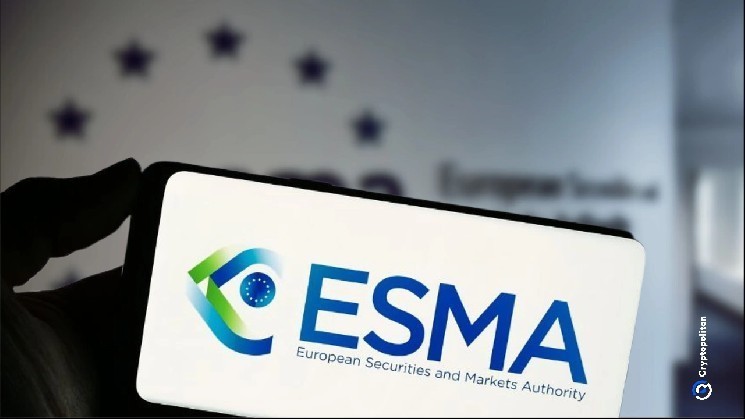European Securities and Markets Authority (ESMA) govt, Natasha Cazenave, has raised a difficulty relating to how tokenized shares are being introduced to traders, warning that it might result in misunderstandings.
The European Securities and Markets Authority continues to take care of that whereas monetary innovation can provide advantages, it should not come on the expense of market stability.
ESMA govt warns that tokenized shares might mislead traders
Based on the European Union’s securities watchdog, tokenized shares might result in “investor misunderstanding,” as they usually don’t make consumers real shareholders within the corporations they observe.
These tokenized shares are digital belongings that mirror the worth of publicly listed shares, they usually have been gaining consideration within the European Union following latest launches by buying and selling platforms.
Robinhood, the dealer, has launched tokenized inventory choices within the EU, whereas the cryptocurrency alternate, Coinbase, can be dipping its toes within the sector.
ESMA’s govt director, Natasha Cazenave, raised the problem on Monday about how these choices are being introduced to retail traders. She burdened the significance of transparency and safeguards because the adoption of tokenized shares spreads at a monetary convention in Dubrovnik.
“These tokenized devices can present always-on entry and fractionalisation however usually don’t confer shareholder rights. This will create a selected threat of investor misunderstanding,” Cazenave mentioned.
She went on to induce for readability and safeguards.
The dearth of shareholder rights is a crimson flag
The issue is that, not like standard share purchases, tokenized shares normally don’t grant holders possession rights reminiscent of voting privileges or dividend entitlements.
In lots of instances, the securities are held by middlemen by special-purpose autos, whereas the tokens simply observe the worth actions of the particular inventory.
The comfort of fractionalized, 24/7 buying and selling might make tokenized inventory choices appear interesting to smaller traders, however with out correct readability on how these choices work, many might mistakenly assume they’re buying precise shares within the underlying firm.
The World Federation of Exchanges (WFE) additionally addressed the problem final week, urging regulators to crack down on tokenized shares. They warned that tokenized shares pose new risks to traders and will have an effect on market integrity if left unchecked.
Supporters of tokenization proceed to argue, nonetheless, that by changing conventional belongings reminiscent of financial institution deposits, bonds, funds, and even actual property into tradeable digital tokens, tokenization can broaden entry, decrease prices, and enhance effectivity.
Cazenave acknowledged that tokenization carries the potential for effectivity good points in capital markets. Nevertheless, she cautioned that the truth of present initiatives doesn’t mirror these potentialities.
“Most tokenization initiatives stay small and largely illiquid up to now,” she mentioned.


